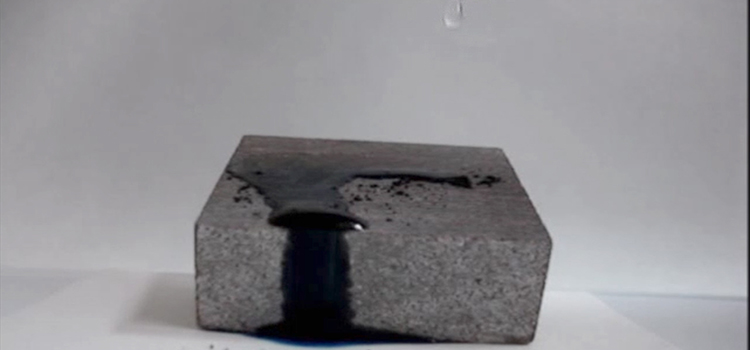UCA leads the ‘InnovaConcrete’ project for the development of innovative building materials 18 July 2017
The University of Cádiz leads the ambitious international research project InnovaConcrete which, with a budget of 7 million euros, has been the only proposal funded by the European Union in the call for nanotechnology, advanced materials and biotechnology within the topic “Innovative solutions for the conservation of the Cultural Heritage of the XX Century “. The professor of Chemistry-Physics of UCA María Jesús Mosquera coordinates this proposal whose objective is the conservation of monuments and historical buildings of concrete. In this way, UCA is at the head of an international consortium made up of 29 partners from 11 different countries that bring together experts in nanotechnology or theoretical modeling of materials, as well as a relevant participation of partners from the field of Social Sciences and Humanities.
Specifically, this project will develop innovative materials capable of producing C-S-H gel (responsible for cement properties) in the deteriorated concrete structure. In addition, other additional properties, such as water repellency and corrosion inhibition, will be implemented in these new materials. On the other hand, InnovaConcrete also includes a biotechnological approach based on self-repair of deteriorated concrete through an enzymatic process.
For the leadership of this qualified international consortium, the University of Cadiz has had technical support from the Vice-Rectorate for Technology Transfer and Innovation and an integrated multidisciplinary team of researchers, as well as scientists from the Molecular Sieves and other Nanomaterials group, The Solid Chemistry and Catalysis and Economic Geography groups, led by Professors Miguel Ángel Cauqui and Manuel Arcila, respectively.


